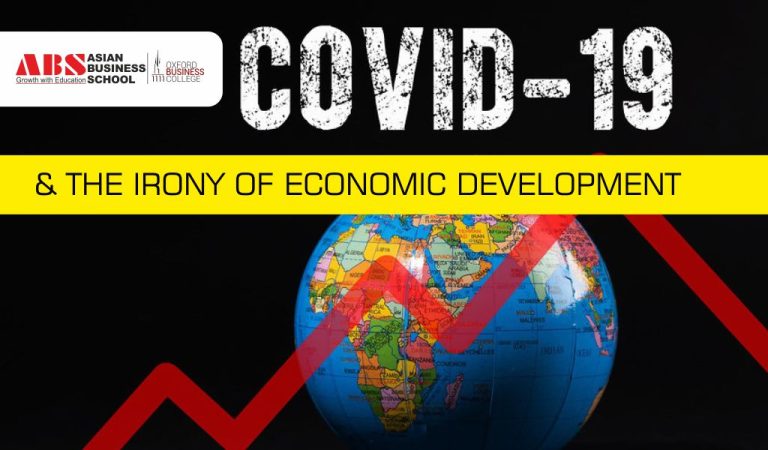Which 2-Year Course is More Beneficial: PGDM or MBA?
October 19, 2023Introduction
Many individuals face a critical decision when pursuing a business education: should they enroll in a PGDM program or pursue an MBA degree? Both options offer valuable knowledge and skill development, but understanding the nuances and benefits of each is crucial in making an informed choice. In this article, we will delve into the specifics of both PGDM and MBA programs, comparing their benefits and highlighting the factors that aspiring business professionals should consider before deciding.
Overview of PGDM
The PGDM is a two-year program offered by esteemed institutions such as the Asian Business School. This program is designed to equip students with the necessary skills and knowledge to excel in various aspects of business management. The curriculum of a PGDM program covers a wide range of subjects, including finance, marketing, human resources, operations, and entrepreneurship. Moreover, the coursework often includes industry internships, guest lectures by industry experts, and hands-on projects, enabling students to gain practical experience and develop a holistic understanding of the business world.
Overview of MBA
On the other hand, the MBA is a widely recognized and sought-after degree in business education. Like the PGDM, an MBA program spans two years and offers comprehensive training in various business domains. MBA programs emphasize a blend of theoretical knowledge, real-world case studies, and experiential learning opportunities. Renowned business schools, such as the Asian Business School, offer PGDM programs that provide students with a global perspective, practical exposure, and a strong network of industry connections.
Comparison of Benefits
Both PGDM and MBA offer numerous benefits that can propel your career in the business world. However, there are certain distinctions that can influence your decision-making process.
Curriculum Flexibility
One significant advantage of PGDM programs is their flexibility in curriculum design. Institutes like the Asian Business School have the autonomy to update their curriculum regularly, incorporating industry trends and emerging business practices. This flexibility ensures that students receive a curriculum relevant to the business landscape. On the other hand, MBA programs often follow a more structured curriculum, which may take longer to adapt to evolving industry needs. At ABS, the curriculum is industry-aligned and constantly updated with the business world’s changing needs.
Industry Exposure
MBA programs, especially those offered by renowned international universities, provide excellent opportunities for global exposure. Students often engage in study tours, internships, and exchange programs, enabling them to understand diverse business cultures and gain a global perspective. While some PGDM programs offer industry exposure through internships and corporate tie-ups, the extent of international exposure may vary. But, Asian Business School is one of the top PGDM colleges in India with the highest placement package, as high as 35 LPA.
Specialization Options
PGDM programs generally offer a wide range of specialization options to cater to diverse career aspirations. Students choose to specialize in finance, marketing, human resources, operations, and Analytics based on their interests and career goals. This specialized knowledge can be advantageous when pursuing specific career paths. On the other hand, MBA programs often have a broader curriculum with fewer specialization options. Both programs offer general management education focusing on leadership and strategic thinking.
Factors to Consider
While comparing the benefits, it’s essential to consider several factors that can influence your decision:
- Career Goals: Assess your long-term career goals and determine which course aligns better with your aspirations.
- Curriculum Relevance: Research the curriculum of the institutes you are considering and evaluate how well it aligns with current industry requirements.
- Accreditation: Check the accreditation and reputation of the institute offering the course to ensure its recognition in the corporate world.
- Faculty Expertise: Consider the expertise and experience of the faculty members who will be guiding you throughout the course.
- Networking Opportunities: Evaluate the networking opportunities provided by the institute, including industry interactions, alumni networks, and guest lectures.
Ultimately, the choice between PGDM and MBA depends on your individual preferences, career goals, and the learning experience you seek. Institutes like Asian Business School offer comprehensive PGDM programs that combine industry relevance with a flexible curriculum. Take your time, evaluate the benefits and factors discussed in this article, and make an informed decision that sets you on the path to a successful business career.









